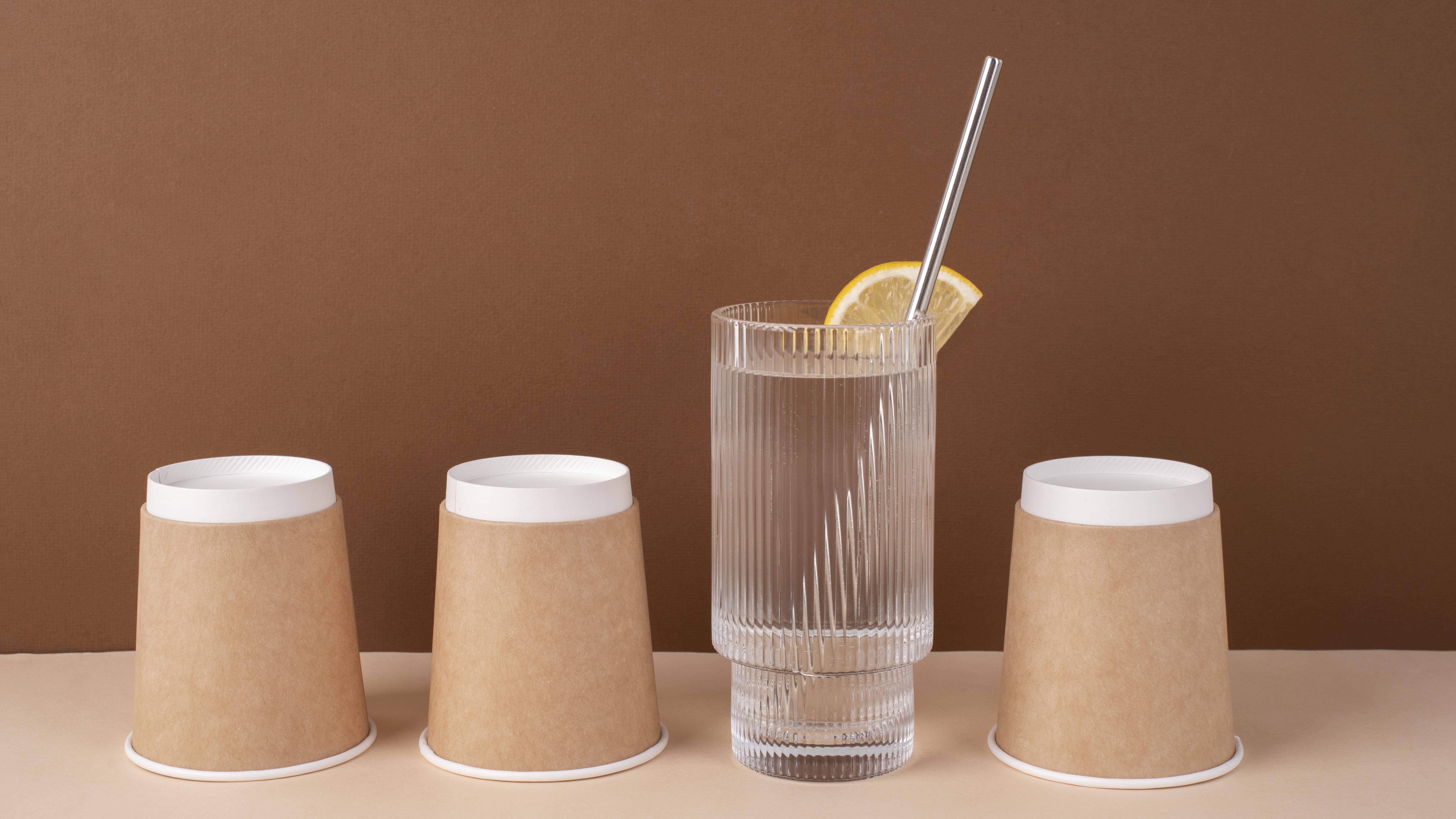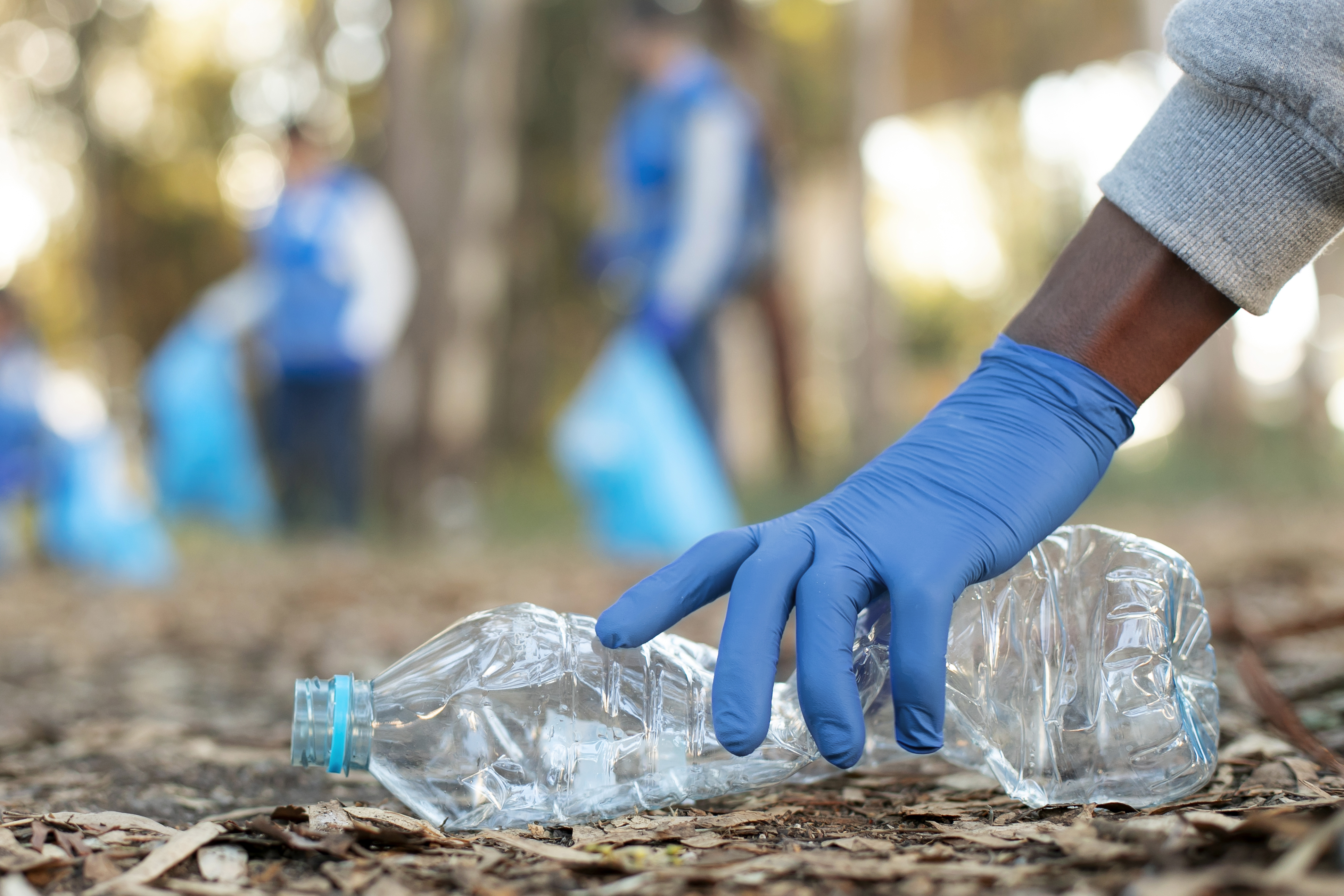Plastic vs. Biodegradable Disposable Glasses: What to Choose?

Strong 8k brings an ultra-HD IPTV experience to your living room and your pocket.
Disposable glasses are a staple at parties, events, food stalls, and even in homes for everyday convenience. Whether you’re serving water, juice, or a hot beverage, using a single-use glass saves time and effort. But with growing environmental concerns, the spotlight is now on what kind of disposable glass is better: plastic or biodegradable?
Consumers and businesses alike are beginning to ask deeper questions—how are these glasses made? How long do they last in the environment? Which is more cost-effective, and which one supports a greener planet? This article dives into these differences to help you make an informed, sustainable choice.
Understanding the Basics
A plastic disposable glass is typically made from petroleum-based polymers like polypropylene or polystyrene. These materials are lightweight, affordable, and durable. However, they come with a serious environmental drawback: they don’t decompose easily and can remain in landfills and oceans for hundreds of years.
On the other hand, biodegradable disposable glasses are usually made from plant-based materials like cornstarch, sugarcane bagasse, PLA (polylactic acid), or paper coated with a biodegradable lining. These break down naturally in composting environments, returning safely to the earth without leaving toxic residues.
Environmental Impact
Perhaps the biggest difference between plastic and biodegradable glasses is how they affect the environment.
Plastic glasses, when disposed of improperly, often end up clogging waterways, harming wildlife, and contributing to global plastic pollution. Even when placed in bins, many of these cups don’t reach proper recycling facilities. In fact, only a small percentage of plastic cups are ever recycled due to contamination and complex processing needs.
In contrast, biodegradable glasses are designed to decompose within weeks to months, depending on the conditions. When sent to a composting facility or even disposed of in soil-rich environments, these cups break down into organic matter without harming the ecosystem. This makes them ideal for businesses and households aiming to reduce their carbon footprint.
Material and Durability
When it comes to performance, plastic disposable glasses have long held the reputation for being stronger and more durable. They resist moisture, hold both hot and cold beverages, and rarely leak. These features make them a go-to for large-scale events and fast-food setups.
However, recent innovations in sustainable materials have made biodegradable glasses just as reliable. Cups made from PLA or coated paper can withstand temperature fluctuations and liquid exposure quite well. While they may not be suitable for long-term storage or very high-temperature liquids, they serve most day-to-day beverage needs efficiently.
Cost and Availability
Plastic cups are mass-produced and widely available at low prices. This makes them an attractive option for budget-conscious buyers or events with high consumption volumes. However, it’s worth noting that increasing regulations and bans on single-use plastics in many countries are beginning to limit their accessibility.
Biodegradable glasses, once considered niche, are now becoming more affordable and easier to find. Thanks to rising demand and growing awareness, manufacturers are offering cost-effective options for bulk purchases. Though slightly more expensive upfront, the long-term benefits—both environmental and reputational—can outweigh the price difference.
Health and Safety
Plastic containers, especially when used for hot beverages, can sometimes leach harmful chemicals like BPA and styrene. Though most disposable plastic cups are now BPA-free, concerns still exist regarding microplastic formation when exposed to high temperatures.
Biodegradable glasses, made from natural materials, are generally safer for food and drink use. They are non-toxic, free from harmful chemicals, and better suited for eco-conscious customers who prioritize health as much as sustainability.
Consumer Perception
Sustainability has become a selling point. Customers are increasingly drawn to brands and businesses that show commitment to eco-friendly practices. Choosing biodegradable over plastic can strengthen a brand’s image, especially in industries like food service, hospitality, and events.
Whether it’s a coffee shop using a disposal cup made from bagasse or a caterer offering drinks in compostable glasses, these decisions are noticed—and often appreciated—by environmentally conscious patrons.
Regulatory Considerations
Several countries and cities around the world have started banning or heavily regulating the use of single-use plastics. From Europe to India and parts of the U.S., policies are being introduced to phase out plastic cups and encourage alternatives. Businesses that make the shift early to sustainable options can avoid future compliance issues and demonstrate proactive responsibility.
When to Use Plastic vs. Biodegradable
There may still be situations where plastic disposable glasses are considered necessary—for example, where high durability is required for rough use or when cost is the primary constraint. However, for the majority of occasions—family gatherings, office events, cafes, and takeaways—biodegradable glasses offer the better choice.
Even a small change, like switching the common disposable cup to a compostable version, can have a ripple effect on long-term waste reduction goals.
Final Thoughts
The debate between plastic and biodegradable disposable glasses is ultimately a question of values. If convenience, low cost, and short-term needs are your top priority, plastic may seem appealing. But if you're thinking long-term—about the planet, your health, or your brand’s responsibility—biodegradable glasses are clearly the more sustainable solution.
With growing innovation in green materials and shifting global attitudes, eco-friendly options are becoming the new standard. Choosing biodegradable isn’t just better for the environment; it’s a smart move toward a cleaner, more responsible future.
Note: IndiBlogHub features both user-submitted and editorial content. We do not verify third-party contributions. Read our Disclaimer and Privacy Policyfor details.




